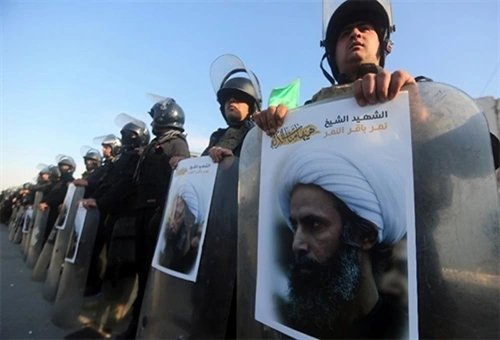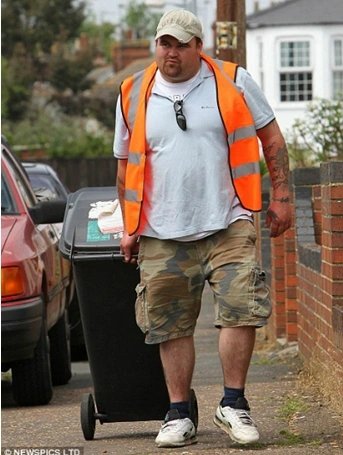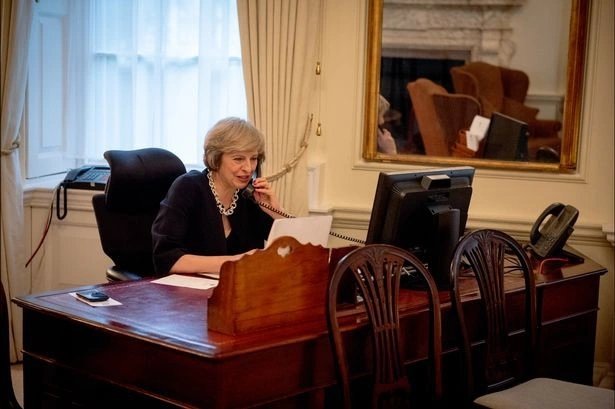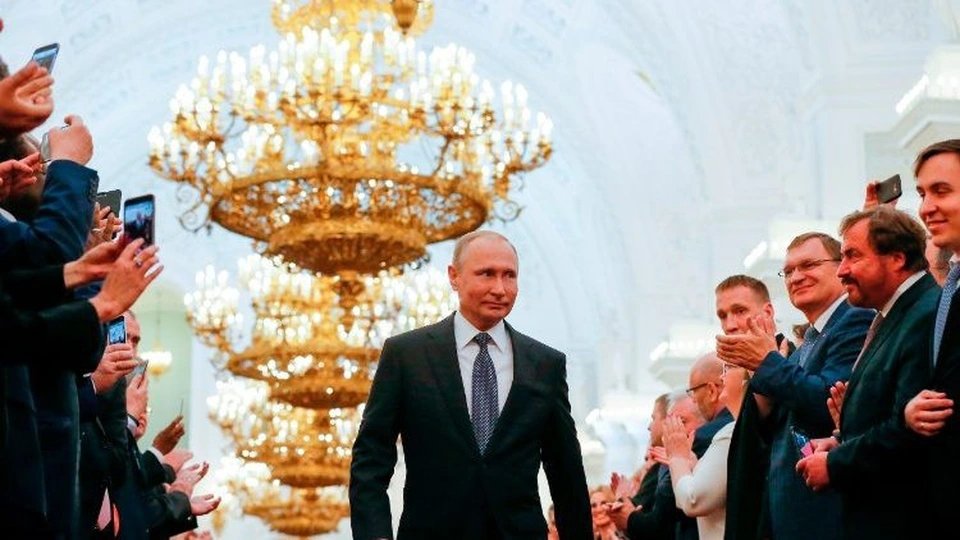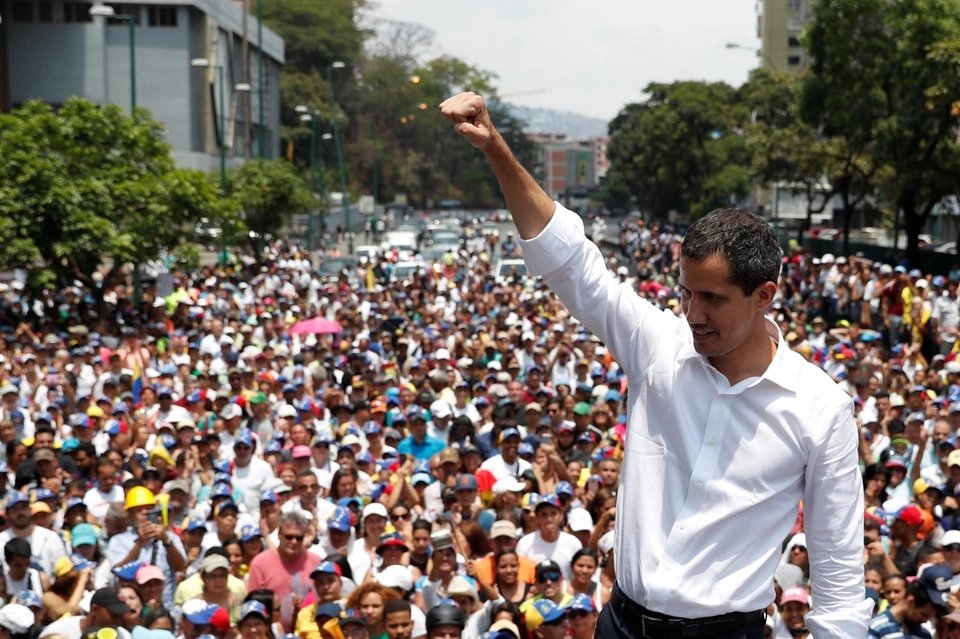
The war in Ukraine has lasted into its fourth month and the majority of people in European countries still support Kiev.
The results of a survey recently published by the European Council on Foreign Relations (ECFR) show that public concern may shift from the conflict to concerns about its broader impact, especially
Analysts say European governments will have to pay attention to these people’s concerns as they seek to maintain pressure on Moscow.
People gathered to show support for Ukraine joining the EU outside the headquarters of the European Commission in Brussels, Belgium, on June 12.
More than a third of survey respondents want the conflict to end as soon as possible, even if Ukraine has to make territorial concessions, while 22% say the fighting should last until Russia is defeated and Ukraine takes territory.
The survey was conducted by polling organization YouGov and research company Datapraxis on 8,172 adults in 10 European countries from late April to mid-May.
Survey participants were divided into two distinct groups, including those who support `peace`, even at the cost of Ukrainian territory, and those who consider `justice` a priority, regardless of what this means.
According to Ivan Krastev and Mark Leonard, who compiled the survey report for ECFR, the division in people’s opinions will more or less affect European policy towards Ukraine.
`The survey results show that European public opinion is changing and that the most difficult days are still ahead,` Krastev and Leonard wrote in the report.
With the exception of Poland, Ukraine’s neighbor, the `peace` group in the European countries surveyed is larger than the `justice` group.
As economies still struggle to recover from the Covid-19 pandemic, the Ukraine crisis pushed already high inflation in Europe to a record in May, with energy prices forecast to accelerate.
The prospect of a protracted conflict has raised questions about whether war fatigue, coupled with soaring food prices and energy costs, could gradually erode political will.
US President Joe Biden on June 12 blamed Russia’s military campaign in Ukraine for skyrocketing fuel prices.
When EU countries negotiated a ban on Russian oil last month, Belgian lawmaker Sara Matthieu, a member of the European Parliament, praised the West’s response to Moscow’s actions, but also warned about the rate of loss.
Western sanctions hitting the Russian economy `will also affect the lives of Europeans, directly impacting their homes, jobs and wallets,` Matthieu said.
The impact of the conflict on European households has prompted governments to take a series of policy moves.

Cars lined up at a gas station in Munich, Germany, on June 1.
European governments are trying to balance between maintaining pressure on Russia and addressing concerns about people’s lives, said Tyler Kustra, associate professor of international relations at the University of Nottingham, UK.
He believes that the pressure on European governments will increase, in the context of people becoming more confused about the skyrocketing cost of living, causing many people to start wondering about things they cannot buy, while
`There is no choice that is both ways in the current situation,` said Associate Professor Kustra.



